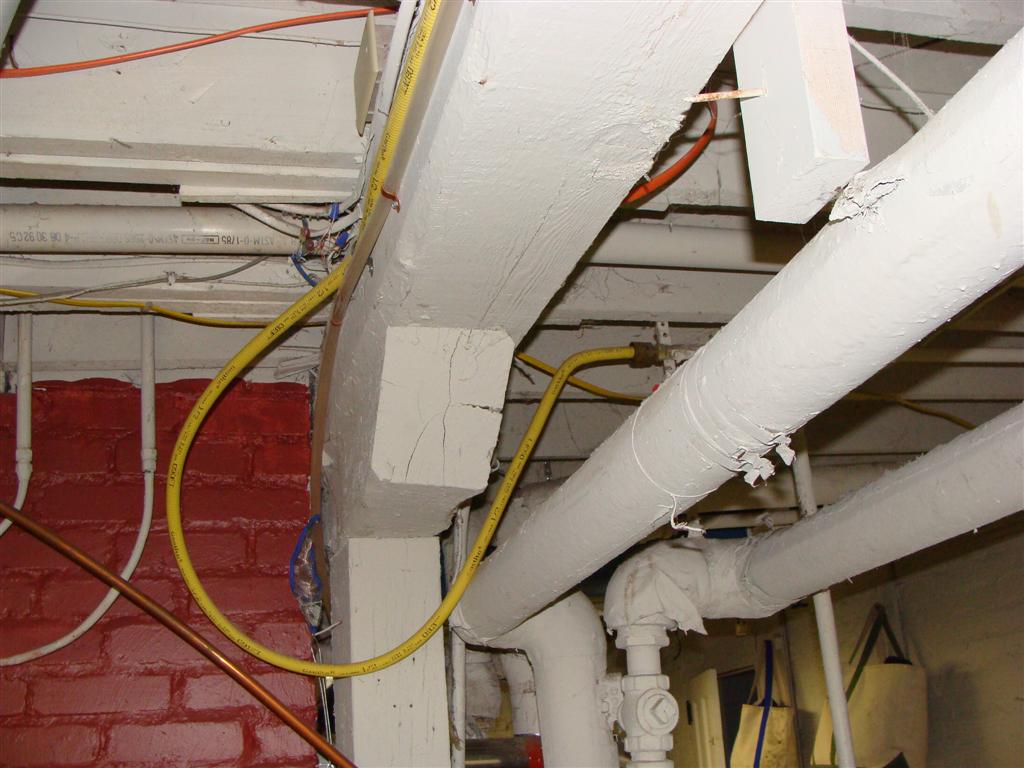According to them, this will give root to gas-based industries like petrochemicals plants and fertilizer, methanol, gas to power projects, more liquefied natural gas, LNG, and liquefied petroleum gas, LPG, plants as well as compressed natural gas, CNG, programmes.
The Petroleum and Natural Gas Senior Staff Association of Nigeria, PENGASSAN, and the National Union of Petroleum and Natural Gas Workers, NUPENG, made this call in their joint memorandum to the Senate Joint Committee on the Petroleum Industry Bill, PIB.
The oil workers’ unions also stated that gas to power projects in section 66, subsection 5 of the bill should be considered strategic to benefit from gas incentives.
“It is our view that given the current unenviable situation of power generation in Nigeria, gas projects aimed at delivering power such as Gas to Power Projects should be considered as strategic and included as part of the qualifying projects to benefit from the incentives for strategic gas transportation infrastructure and distribution pipelines in section 66(5),” the memorandum read.
PENGASSAN and NUPENG further maintained that any aspect of the new PIB that will deal with fiscal regimes should allow for the optimisation of returns to Nigeria from its oil and gas resources without stifling investments and growth of the industry.
They urged the Federal Government to strike a balance between taking a significantly higher stake from industry operations and ensuring the sustainable growth of the industry.
“We observed that there is a general cap on production allowances of the lower of $3 per barrel or 30 percent of the official selling price for crude and condensate across all terrains, and 50 percent of the value of the natural gas production or $1.5 per million Btu, whichever is lower,” the memorandum further stated.




